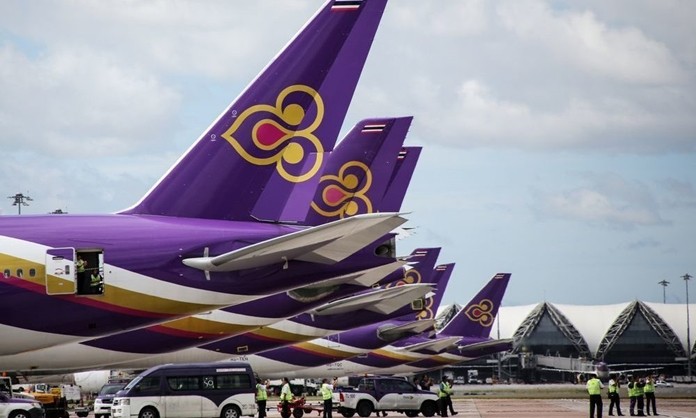
The widely-publicized Special Tourist Visa (STV) is a very limited adventure and unlikely to be available in traditional tourist markets such as the UK, the US and most of Europe. It offers a stay of up to 270 days provided applicants can endure a two weeks quarantine, pass pre- and post-entry Covid-19 tests and pay for comprehensive medical insurance. Sounds reasonable.
But the devil is in the detail. The flights must be by charter (or by private jet) which strongly suggests group travel rather than individual vacationers. More to the point, the flights must originate in countries approved by the Thai government to be very low risk from the coronavirus viewpoint. No list of countries has been published, but you don’t need to be an epidemiologist to work out that most western countries won’t be on the ok list. Embassies will likely liaise with a nominated Thailand longstay company, based in Bangkok, which has long experience of group-orientated vacations.
It’s no surprise that the first charter plane will land over 120 Chinese visitors in Phuket later this month. They will hail from Guangzhou, the second busiest airport for passenger traffic in China, the main hub of China Southern Airlines and a focus city for Shenzhen Airlines. According to Thai authorities, it has a very good record in controlling the virus pandemic and no occurrences of community transmission in recent months. A second charter plane from Scandinavia has been mooted for late October but, if true, the detail has yet to be forthcoming.
If the pilot or pilots are successful, travel experts expect that the next flights will again be from China which numerically provides the majority of international tourists to Thailand, or possibly from South Korea or Japan which can both provide particular cities with a good Covid-19 record. Any meaningful extension of the scheme to allow individual visitors from anywhere in the world to join the scheme is many months away. If ever.
Several British nationals had contacted the Thai embassy in London about the scheme, but had received polite “no” notices. In fact, it is unlikely that the Thai government’s CCSU (Council for Covid19 Situation Administration) intends to issue a list of approved countries. Rather it will instruct individual embassies in selected Asian cities that they can issue the STV to charted groups. In other words, if there is no positive notice on your Thai embassy website, you can assume participation won’t be possible.
There is already talk of certain registered Phuket hotels offering five-star luxury facilities with pampering for the new arrivals. This suggests that the pilot STV arrivals will be well-heeled financially with the funds to stay long-term in Thailand. But they won’t be able to use the STV visa to convert to other visas – say retirement or work permits – once they are here. What Thailand is looking for are the big spenders. And China has no shortage.
Thailand now has fifteen or so categories of foreigners who are eligible to apply to come to Thailand provided they can supply the substantial documentation to the local Thai embassy for the vital certificate of entry. They include workers, students, spouses, medical tourists, business people, some categories of retirees, permanent residents (those who never need to apply for a new visa or extension) and the super-rich. But there is as yet no proposal to reopen Thailand’s borders to the leisure tourists of yesteryear. The STV is designed for a wealthy elite.




